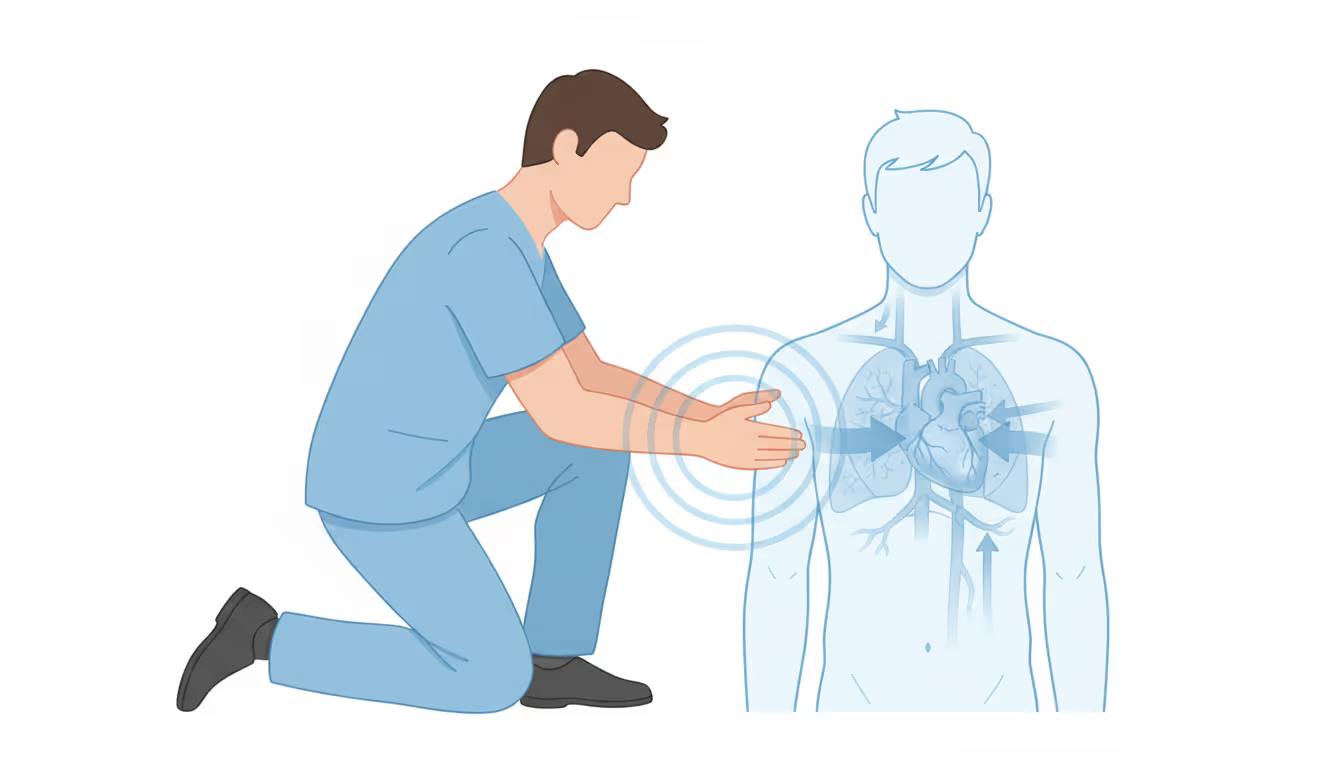
EBCT, or electron beam computerized tomography, is a novel and debated noninvasive test aimed at identifying calcium deposits in patients with coronary artery disease (CAD). This technique, referred to here as Ultrafast CT, detects calcium within arterial plaques, which are responsible for blockages. Ultrafast CT is capable of identifying calcium in blockages as mild as 10-20%, levels often missed by standard testing methods. The significance of finding such minor blockages is disputed, as the typical "treatment" involves lifestyle changes, like reducing cholesterol, quitting smoking, taking aspirin, and using certain vitamins.A potential drawback of Ultrafast CT is its reporting of only an overall calcium score. For instance, it could interpret two or three separate blockages of around 30% each as equivalent to a single blockage of 70-80%, without pinpointing specific calcified areas. Ultrafast CT's primary benefit seems to be in screening younger patients with risk factors for CAD, while its usefulness diminishes in older patients, who frequently exhibit some calcification. Furthermore, the presence of calcification does not necessarily indicate significant CAD.According to a study in the Journal of the American College of Cardiology (2000;36:32-38,326-340), Ultrafast CT demonstrated superior detection of CAD compared to treadmill or technetium-stress tests. The authors endorsed it as a viable alternative to traditional stress testing, highlighting its cost-effectiveness, short test duration, and the fact that a physician usually doesn't need to be present. Despite this, the American College of Cardiology and the American Heart Association released a consensus statement in the same journal opposing the widespread adoption of Ultrafast CT, fueling ongoing debate.




